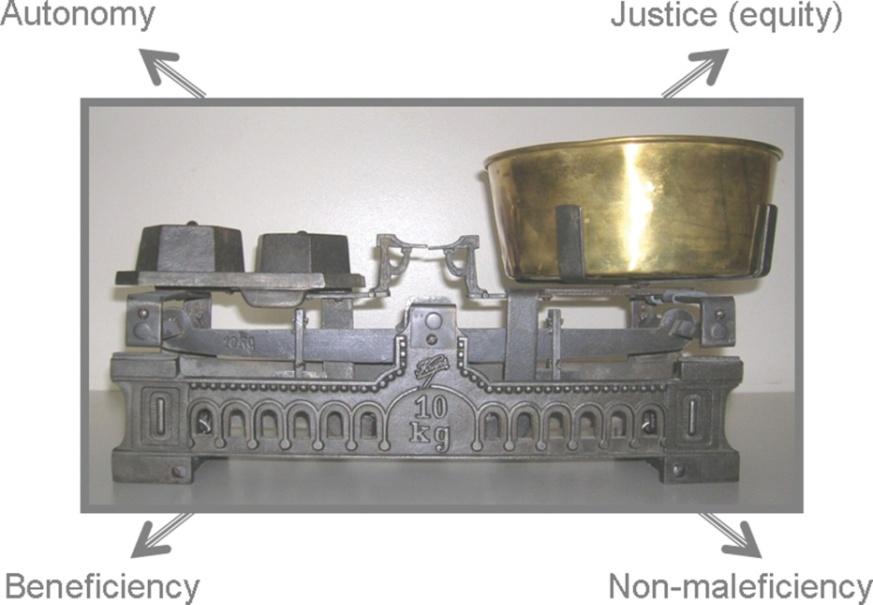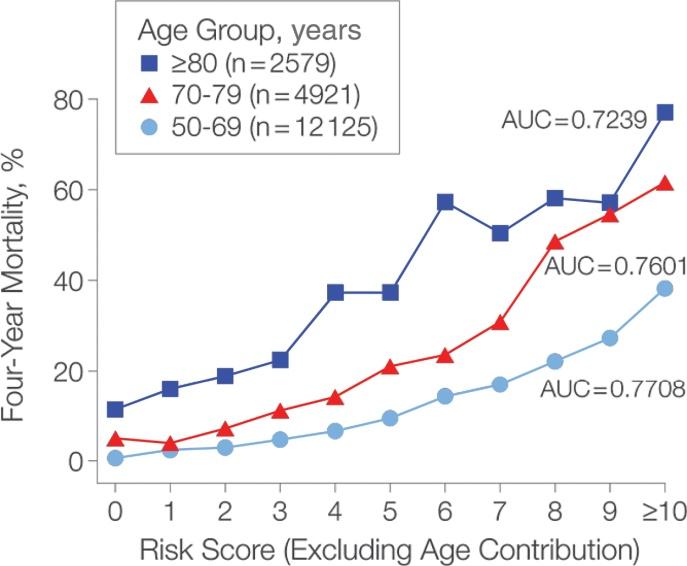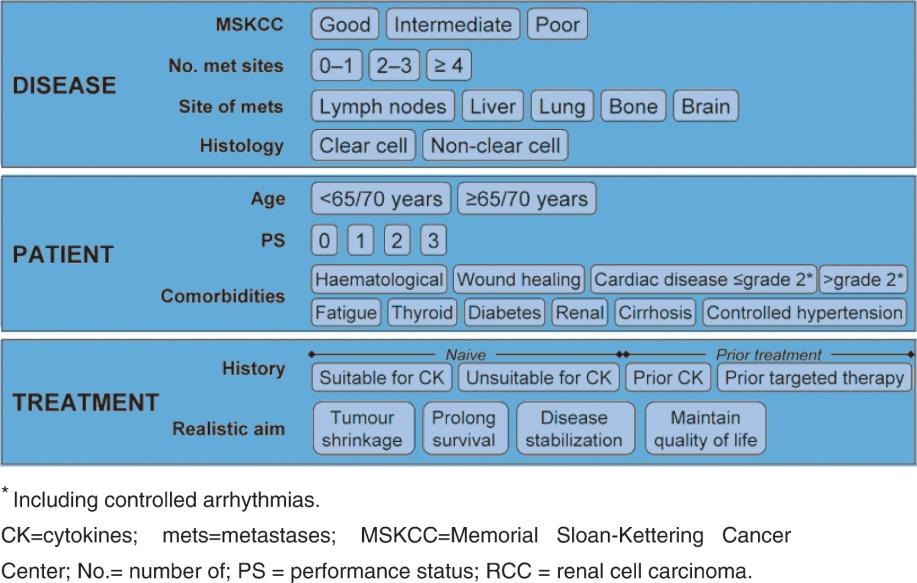
2 minute read
Small-Cell Lung Cancer in the Elderly
are no comparative data to recommend one or the other, while gefitinib appears to have a slightly more favourable toxicity profile.
Second- or third-line treatment with gefitinib or erlotinib may be beneficial in older patients with advanced, non-EGFR-mutated NSCLC but elderly patients have more grade ≥3 toxicity and were more likely to stop treatment earlier that younger patients. This may be due to concomitant medications that interfere with cytochrome P450 3A4 activity.
Advertisement
Immunotherapy - Immune checkpoint inhibitors Recently, drugs targeting the programmed death-1 (PD-1) pathway, inhibiting the immunosuppressive activity of cancer cells have been developed in the treatment of metastatic non-small cell lung cancer.
Nivolumab, a human immunoglobulin G4 (IgG4) monoclonal antibody (HuMAb), which binds to the PD-1 receptor and blocks its interaction with PD-L1 and PD-L2 has been registered in Europe as a second-line treatment to be given after prior chemotherapy. Nivolumab use in second-line treatment is based on an open label phase 3 randomised study comparing nivolumab with docetaxel in 272 patients of whom 44% were ≥65 years of age and 11% ≥75 years of age. There was a consistent OS benefit in favour of nivolumab (hazard ratio 0.59; 96.85% confidence interval 0.43- 0.81); p 0.0002).
This study included a limited number of patients ≥ 75 years, in this age group nivolumab showed numerically less effect on OS (HR 1.85; 95% CI: 0.76-4.51), Because of the small sample size, no definitive conclusions can be drawn from these data.
In elderly patients, no dose adaption of nivolumab is necessary and no overall differences in safety were reported between elderly (≥ 65 years) and younger patients (< 65 years). Data from patients 75 years of age or older are too limited to draw conclusions.
The standard therapy for limited-disease (LD) small-cell lung cancer (SCLC) is four to six cycles of a platinum-based chemotherapy regimen (Cis- or carboplatinum plus etoposide) combined with concurrent thoracic radiotherapy of the tumour region and the mediastinum. Chemotherapy remains the only treatment for patients affected by extensive-disease (ED) SCLC. After response, prophylactic cranial irradiation results in a survival benefit in both LD and ED SCLC.
In elderly the standard cisplatin-based regimens lead to substantial toxicity, and these regimens are only indicated in the very fit senior patients.
Older patients (> 70 years) treated with optimal chemotherapy had response rates and OS rates similar to those in younger patients, although the elderly received less chemotherapy than the planned protocol and experienced more toxicity.





